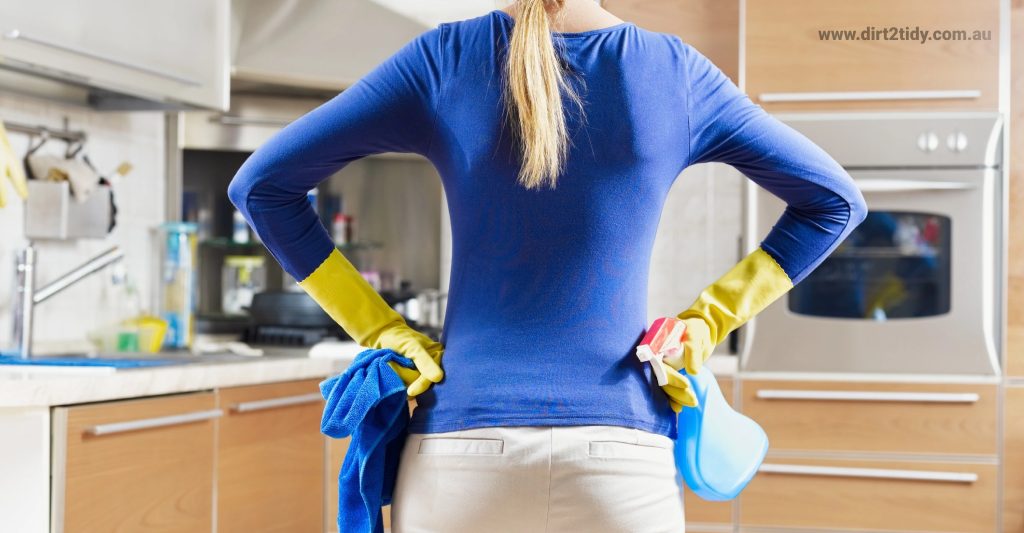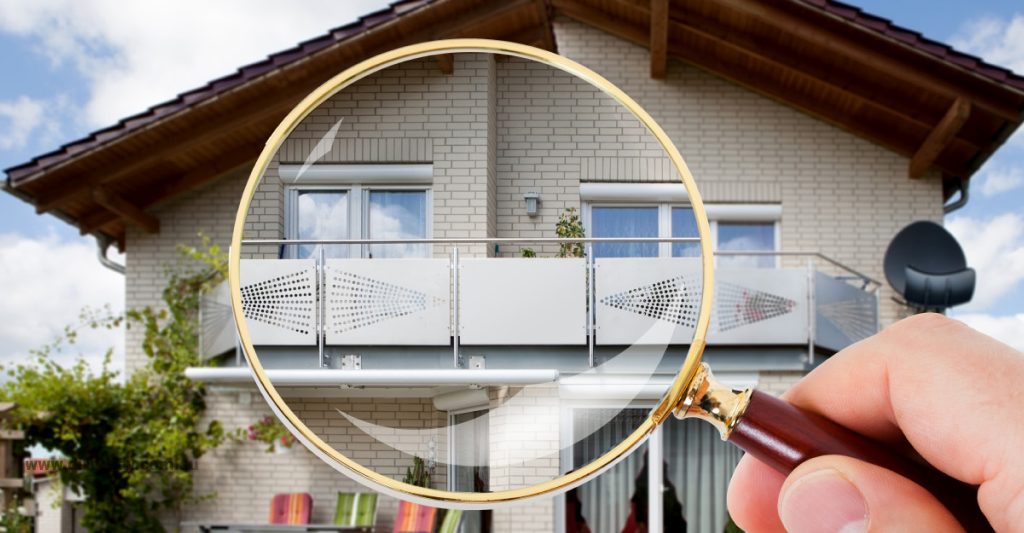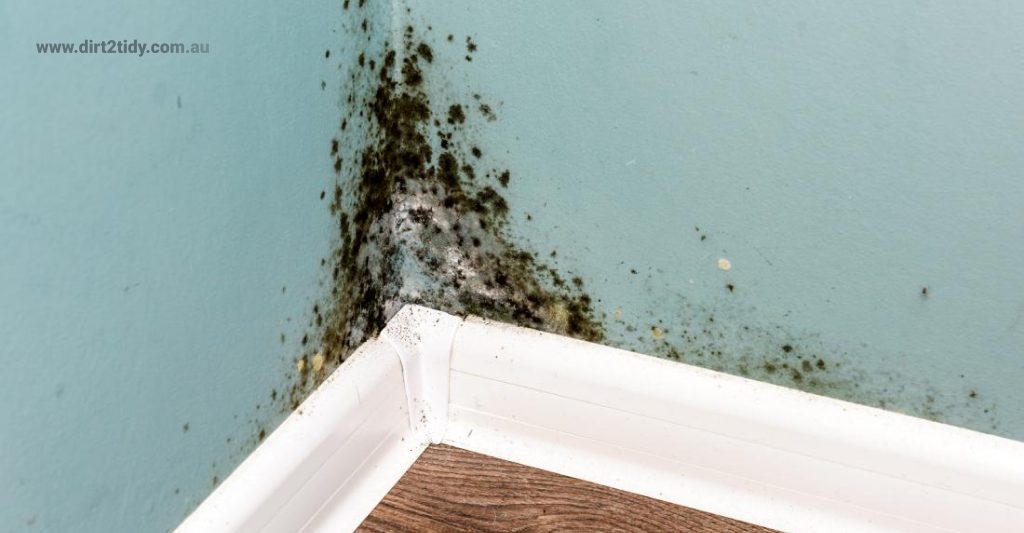Table of Contents
Is it necessary for the landlord to tenant to clean a residential property before the renter comes in? It’s a practical and common question that everyone looking for a house or apartment to rent should ask and know the answer to. Being a renter is stressful, especially when your tenure is coming to an end and you’re looking for a new, suitable, and habitable place to live.
It is the landlord’s responsibility to keep any rental property clean and disinfected in order to make it habitable. He or she must fulfil the Residential Tenancies Authority’s (RTA) guidelines, which specify that real estate must be in excellent shape for a renter to live safely by the property owner.
Here is a comprehensive reference to understanding a landlord’s cleaning responsibilities, the steps a renter can take if the house is not tenant to clean, and how to examine a property before moving in.

What are a Landlord’s Responsibilities When It Comes Tenant To Cleaning a Property?
Before a renter moves into a residential property, the landlord must fulfil specific tasks for the cleanliness and upkeep of the house/unit. These responsibilities are listed below, and a renter must ensure that they are met before moving in.
In-between tenants, the property must be thoroughly cleaned. It is possible to get it cleaned by professional end of lease cleaners from a cleaning service with steam clean of carpets if required.
Mould or pest infestation should not exist
When renting a property during a pandemic epidemic, the property must be thoroughly cleaned and disinfected. Depending on the lease agreement, the landlord may or may not insist that the former tenants do end-of-tenancy cleaning by hiring professional Townsville end-of-tenancy cleaners.
To minimize tenants becoming ill owing to allergies or other respiratory problems, the property’s air vents, windows, and doors should be kept clean. Lease cleaning products and tools used in the house/unit should be safe for tenant use.
Can a Landlord Tell You How Clean to Keep Your House?
While landlords have clear responsibilities before a tenant moves in, they also have some influence over cleanliness during a tenancy. Landlords cannot directly force you to clean your home, but they can establish consequences if the property is not maintained to agreed-upon standards. These standards might be outlined in the lease agreement, ensuring the property remains in good condition.
For instance, a lease agreement might specify that tenants must keep the property free of excessive clutter or ensure regular cleaning to prevent pest infestations. Failure to adhere to these terms could result in penalties or impact the return of your security deposit. It’s crucial to understand the specifics of your lease to know exactly what is expected regarding cleanliness.
To minimise tenants becoming ill owing to allergies or other respiratory problems, the property’s air vents, windows, and doors should be kept clean. Lease cleaning products and tools used in the house/unit should be safe for tenant to clean.

What can a tenant do If the property isn’t tentant to clean?
In most rental agreements, it is specified and agreed upon by both parties that the property is clean and habitable after the regular wear and tear. As a result, if the property is not cleaned in accordance with the agreed-upon terms upon/before tenancy as per the condition report, the tenant may take the following remedies.
Contact the landlord about the tenant to cleanliness issues and observe what steps the landlord takes. If the property could not be cleaned as agreed for any reason, and the landlord is willing to make apologies, a decision should be reached between the tenant and landlord. The landlord can engage end of lease cleaners in Townsville to thoroughly clean the property.
If the property is uninhabitable owing to poor hygiene, maintenance, or sanitation, it is a breach of contract. If the landlord does not make remedies, the tenant may register a breach and pursue legal proceedings to cancel the tenancy.
However, tenants should be aware of potential consequences stemming from their own failure to meet housekeeping requirements. In the worst-case scenario, you could face eviction for violating the terms of your lease. While eviction is a complex and often unlikely process, it becomes more plausible if the condition of your living space is hazardous or causes inconvenience to others.
Additionally, your landlord might choose not to renew your lease if they find your living conditions to be troublesome. This could mean that even if eviction isn’t immediate, you might still need to find another place to live once your current lease term ends.
Overall, maintaining a clean and orderly living environment not only preserves your tenancy but also ensures that your rights are protected under the lease agreement.

Please keep in mind that if the renter agreed to occupy a filthy property, it is a mutual agreement between the landlord and lessee. It is also possible for the lessee to have the property thoroughly tentant to cleaned by professional bond cleaning service like Dirt2Tidy.
How Should You Inspect a Property Before Leasing It?
When intending to reside in a rented house or unit, it is prudent to thoroughly inspect the property to verify it is clean and habitable. Here are some things to look for in terms of sanitation before leasing a new property.
Dust, filth, and other contaminants are not present on the floors, walls, counters, or other surfaces.
- The carpets are in good shape and free of dust, hair, and debris. Check the carpets again if the previous occupant had pets.
- Examine all of the vents, ducts, and grills to ensure they are clean.
- There is no mould in the house.
- There is no infestation of rodents, cockroaches, bed bugs, or other pests.
Sanitary cabinets, wardrobes, and other storage units
- Windows and doors, as well as their frames, are spotless.
- The bathroom and kitchen have been thoroughly cleaned and disinfected.
- If the property has upholstery, ensure that it is clean and does not stink.
- If the property matches the renter’s expectations and is in good shape, the tenant may take photographs of the property. Taking images will allow the tenant to preserve them as a reference and have it cleaned appropriately at the conclusion of the rental.
This is required because the property must be returned in the same state it was in while occupation, according to RTA requirements. If the house was professionally cleaned before the tenant moved in, the tenant must also employ skilled end of lease cleaners from Dirt2Tidy to sanitise the property.
In conclusion
It is the landlord’s job to rent a clean and disinfected property that is friendly and habitable for the renter. As a result, a tenant may expect a property to be free of toxins and pathogens before moving in.
The previous renters or professional end of lease cleaners may have cleaned the property. In any case, it should be cleaned and ready for the new tenant to move in as per the lease agreement.





